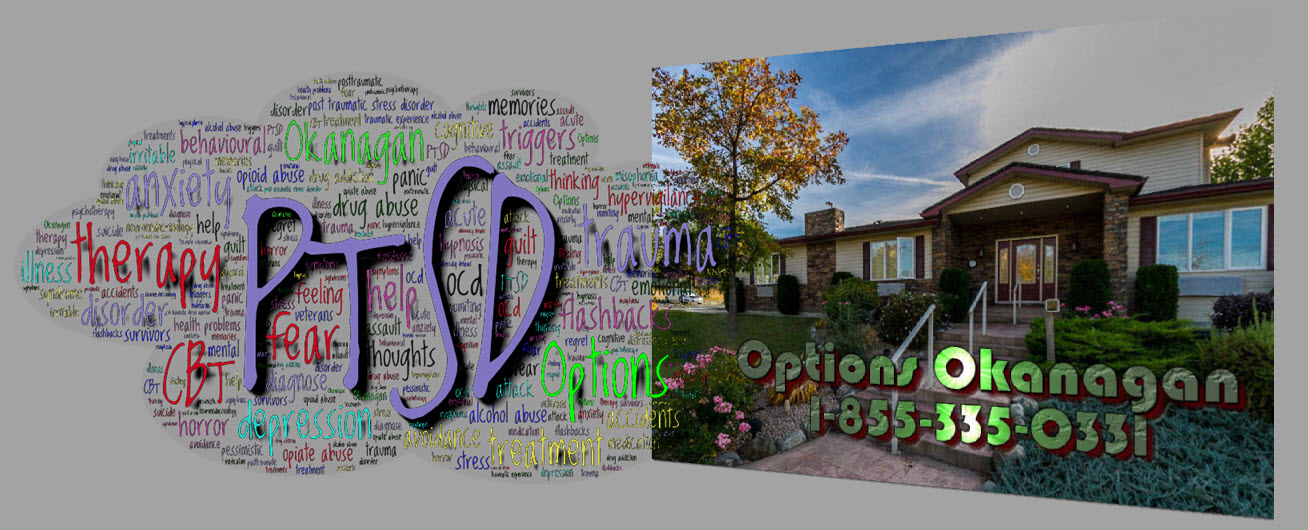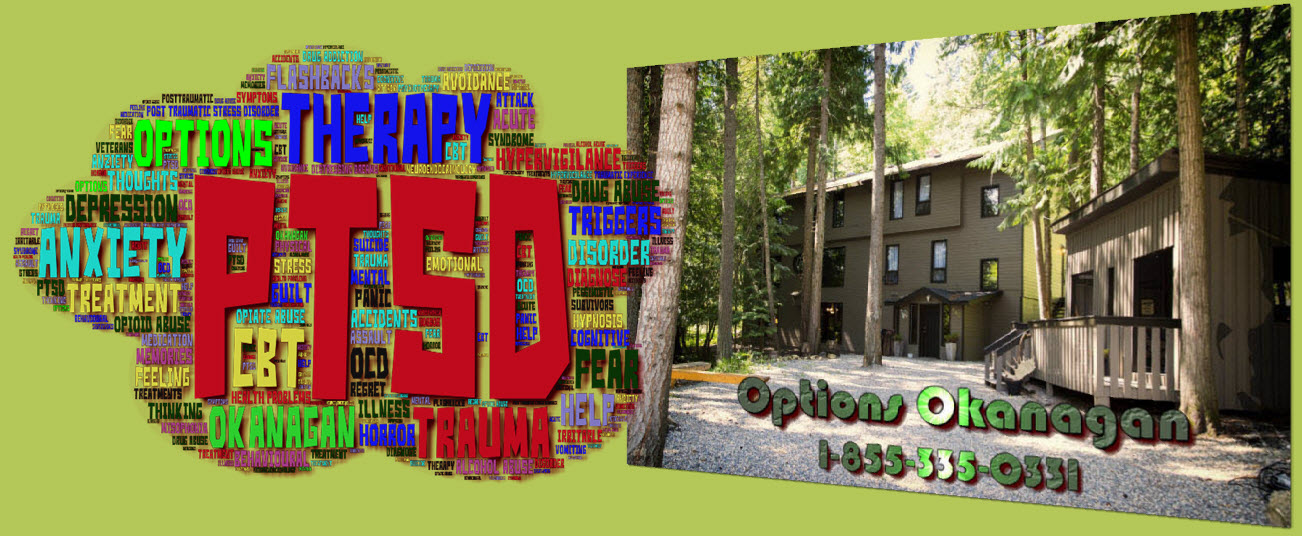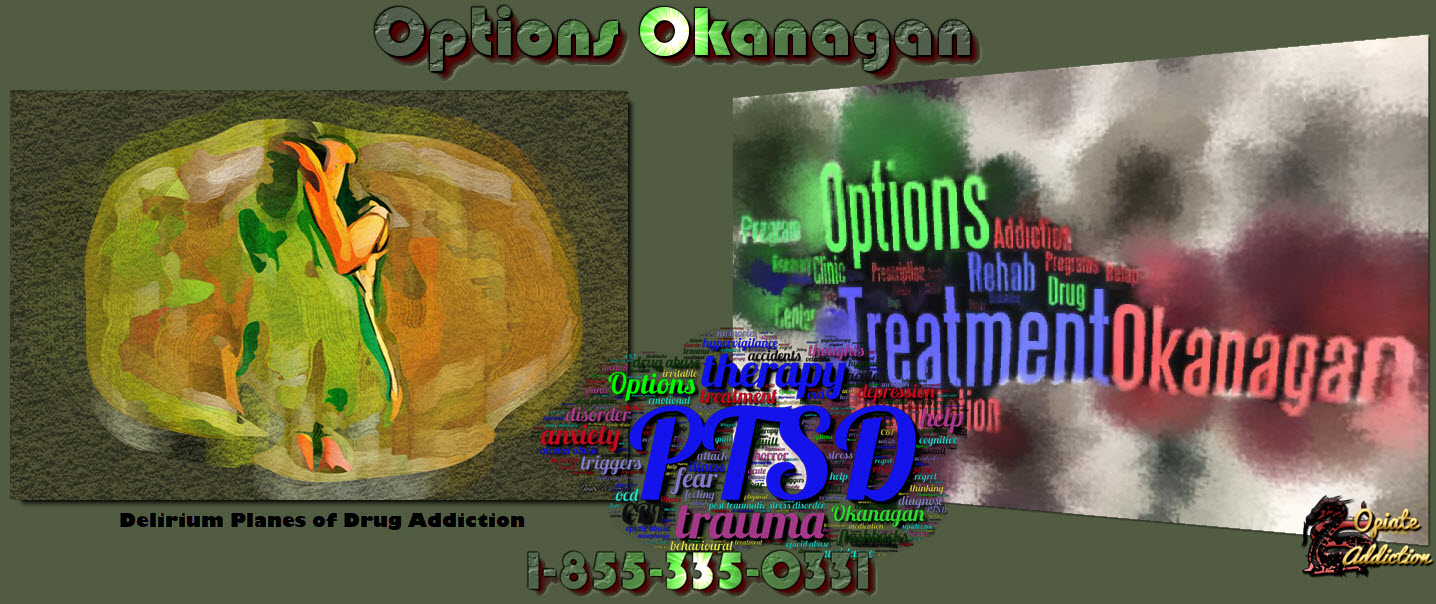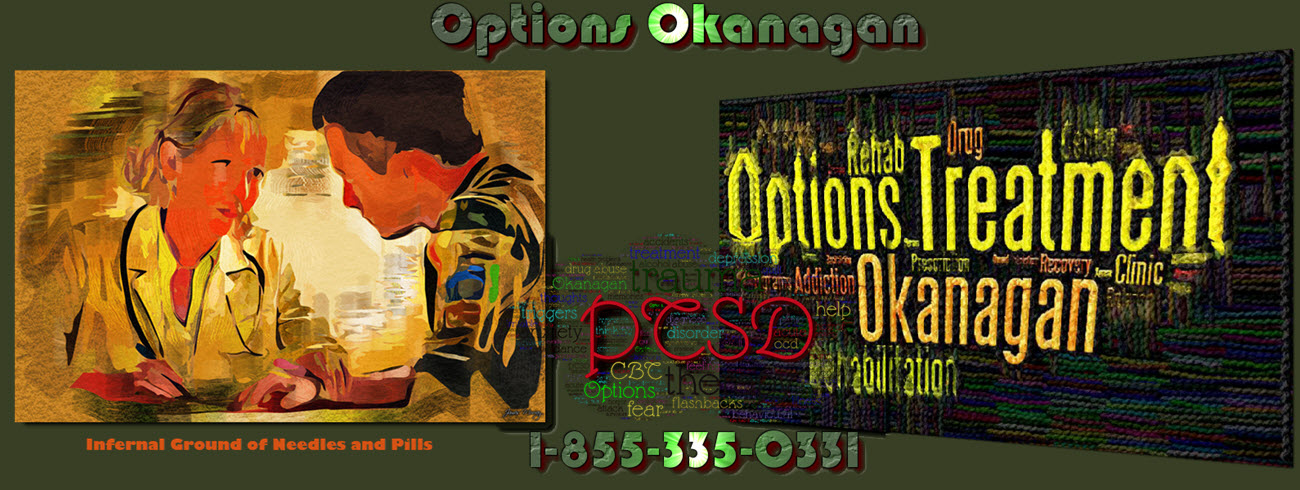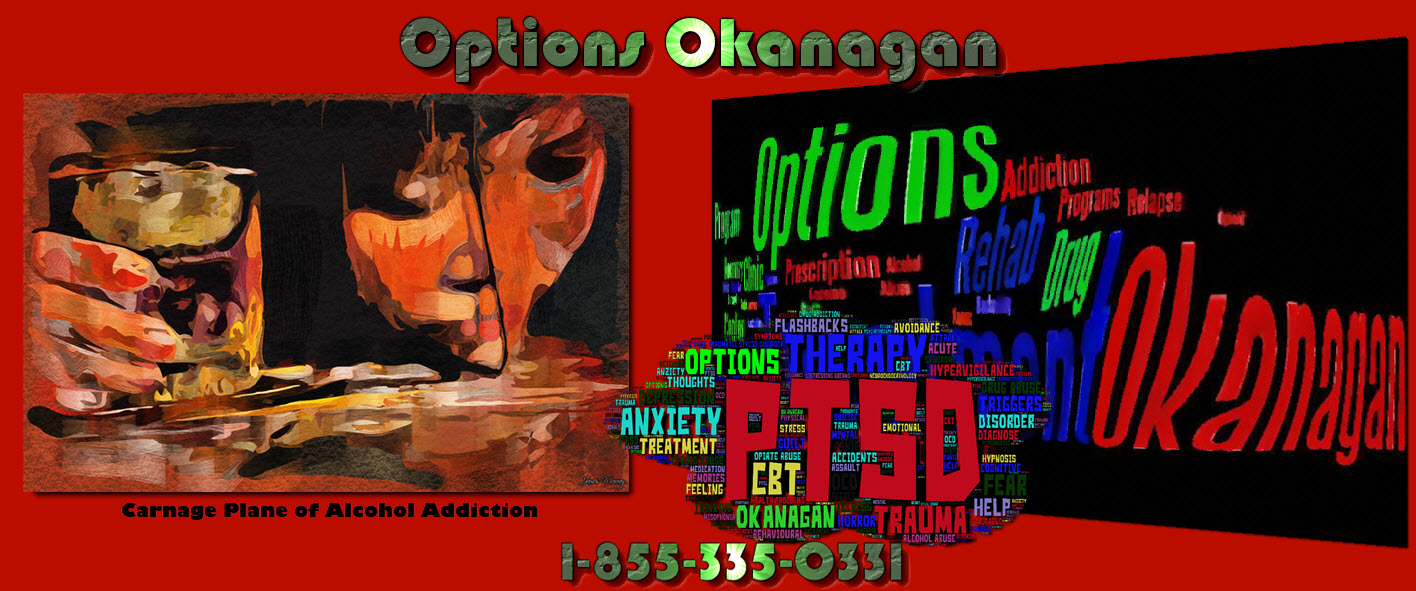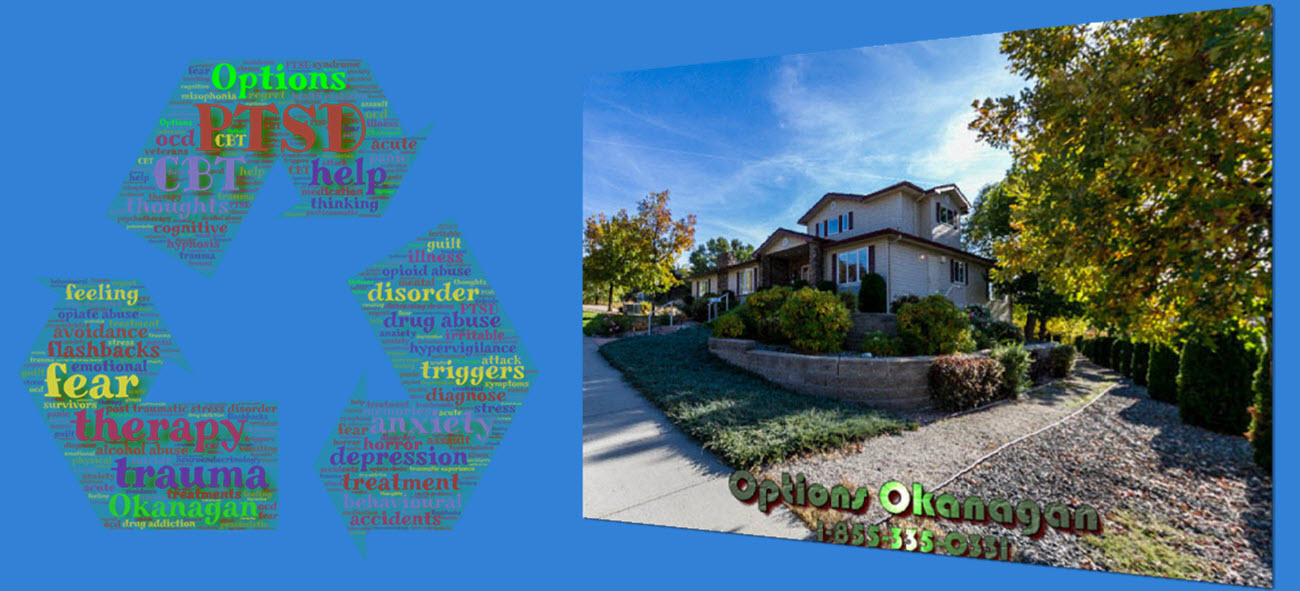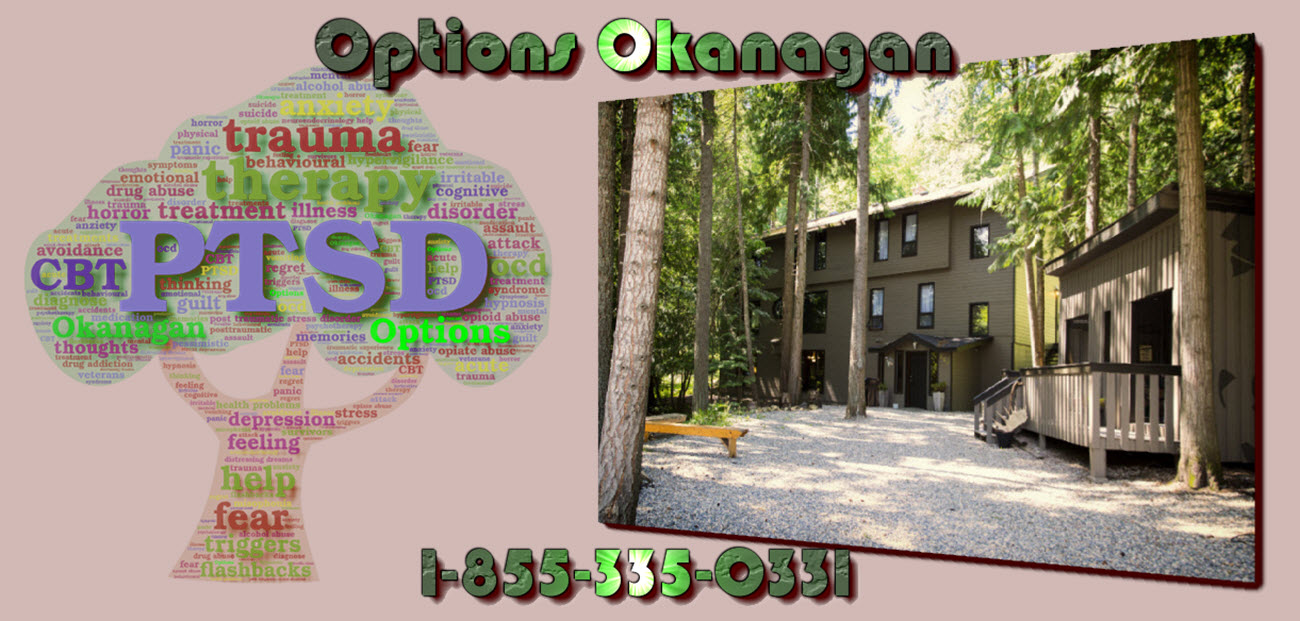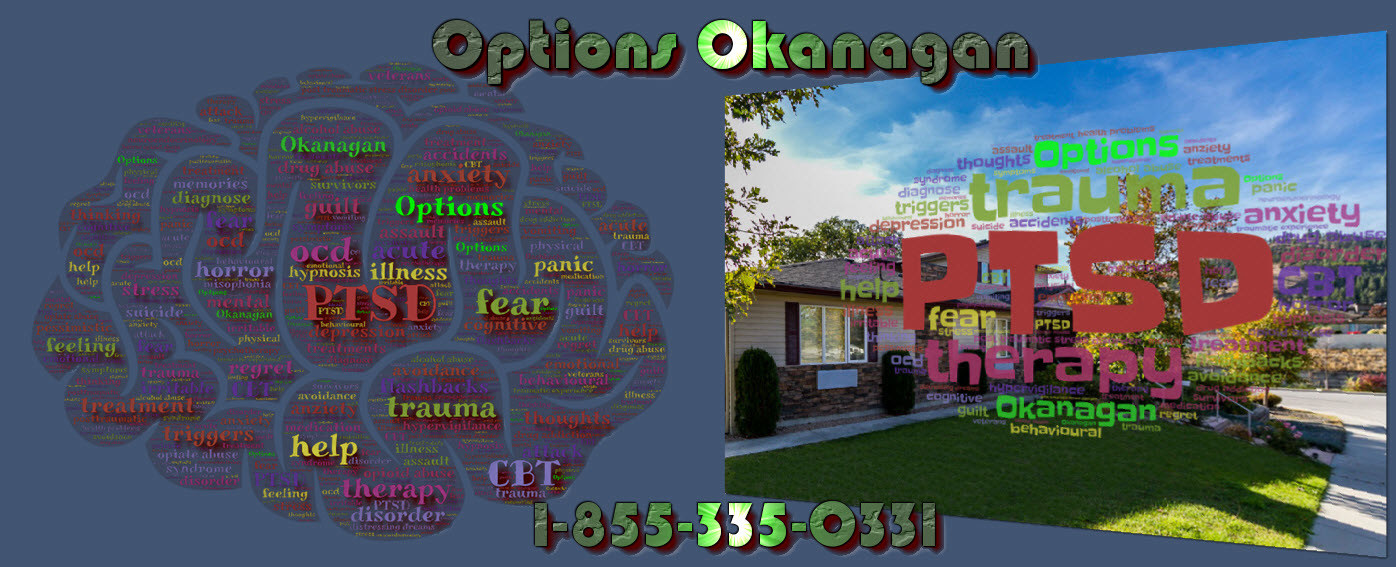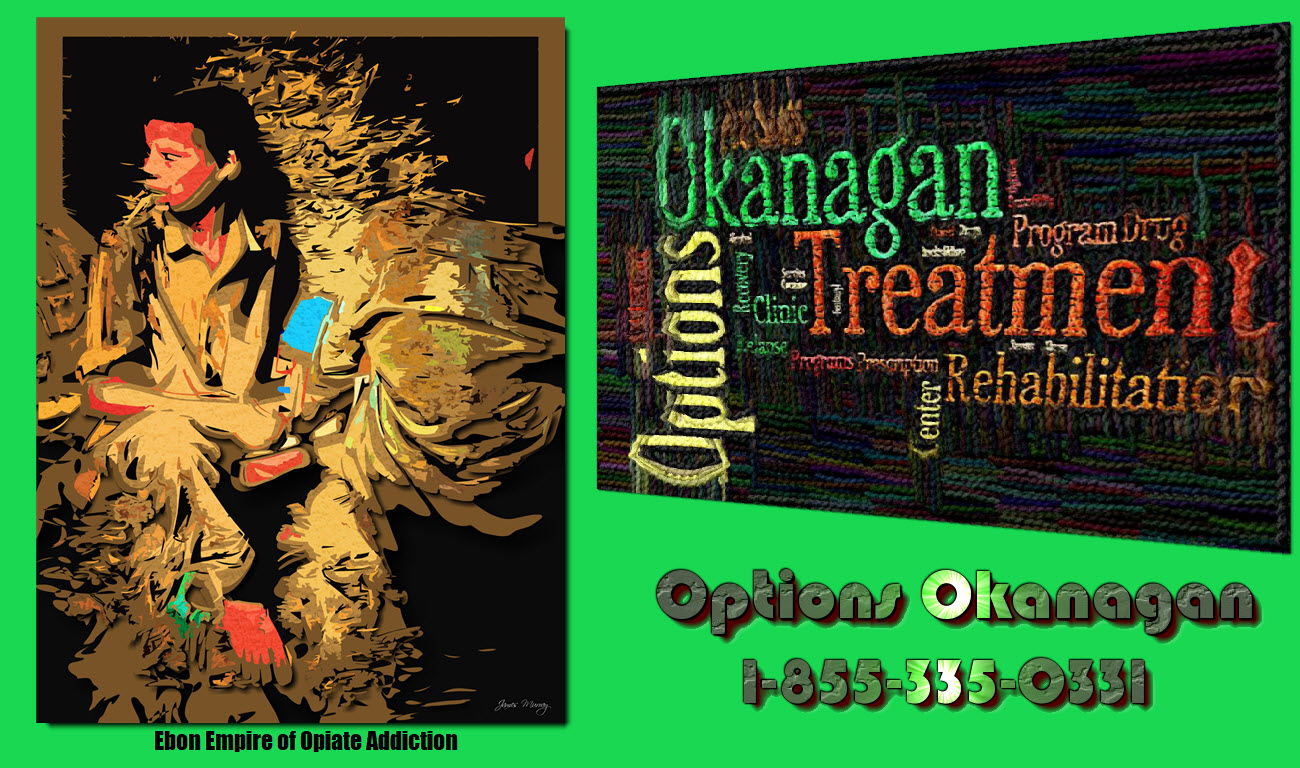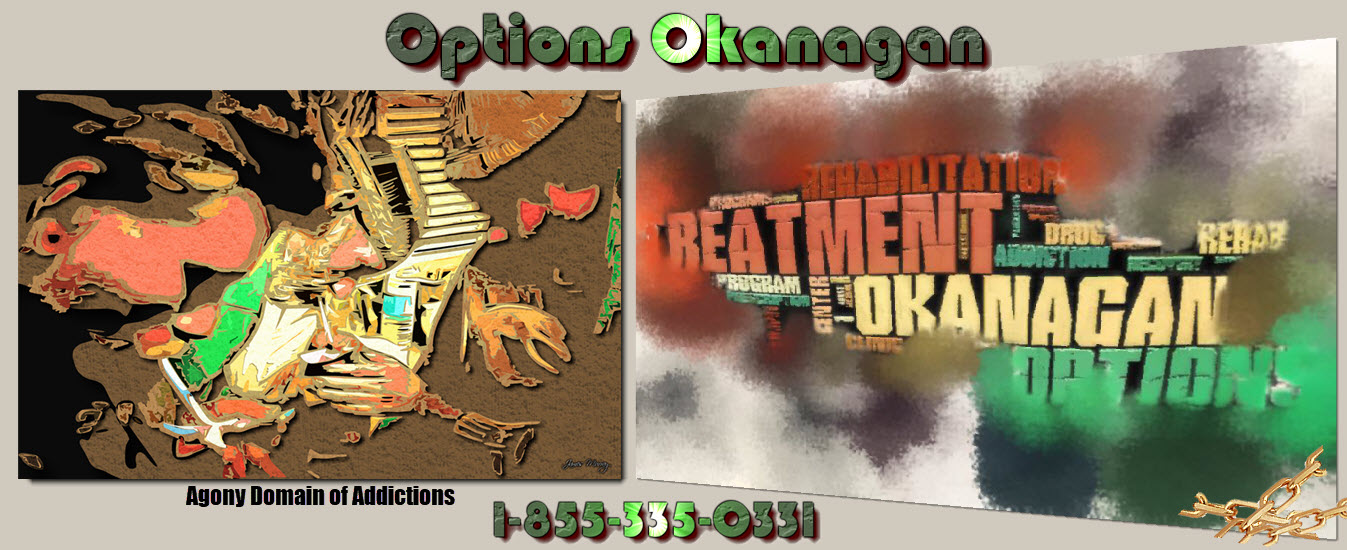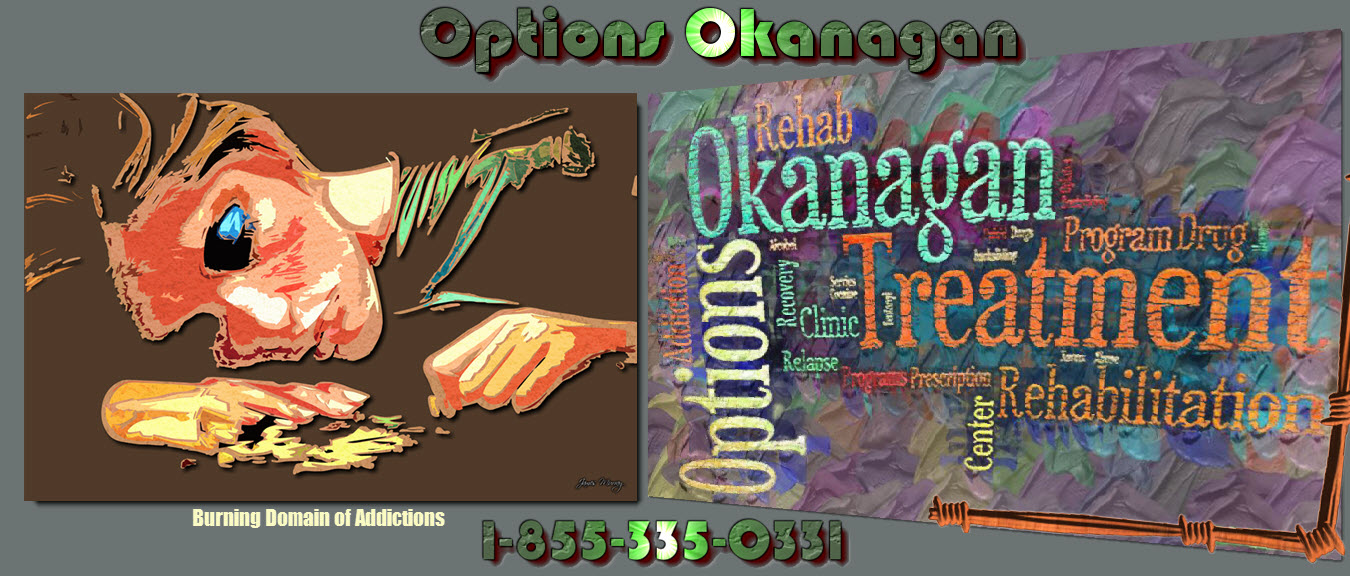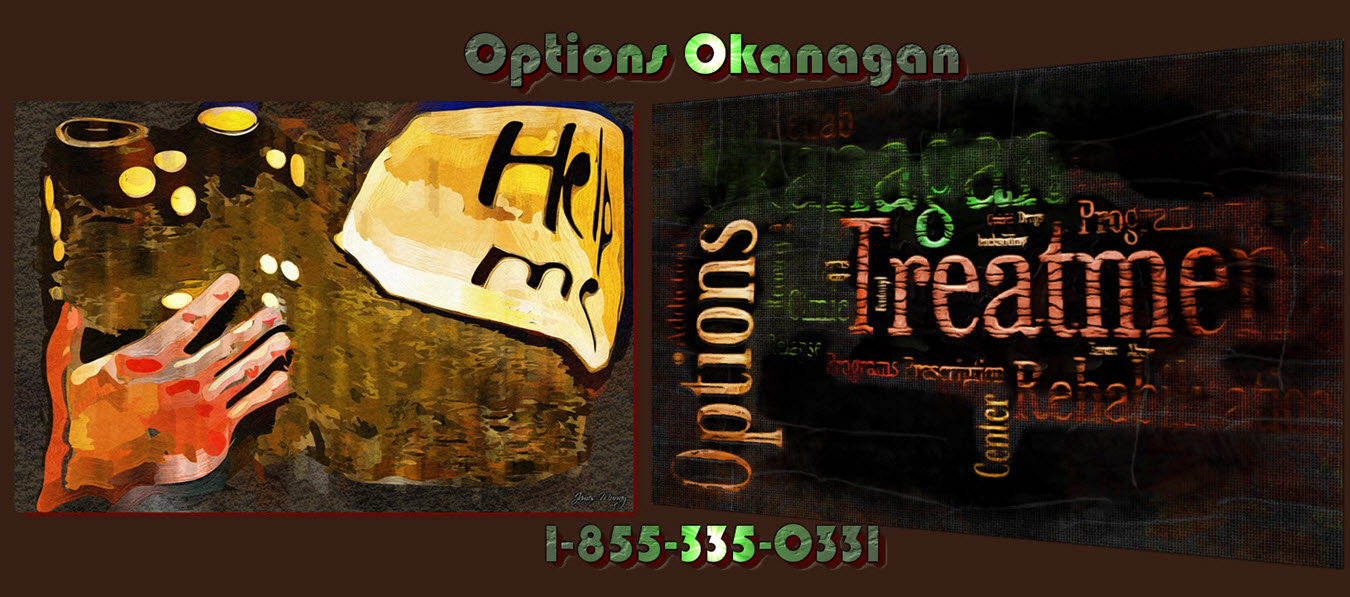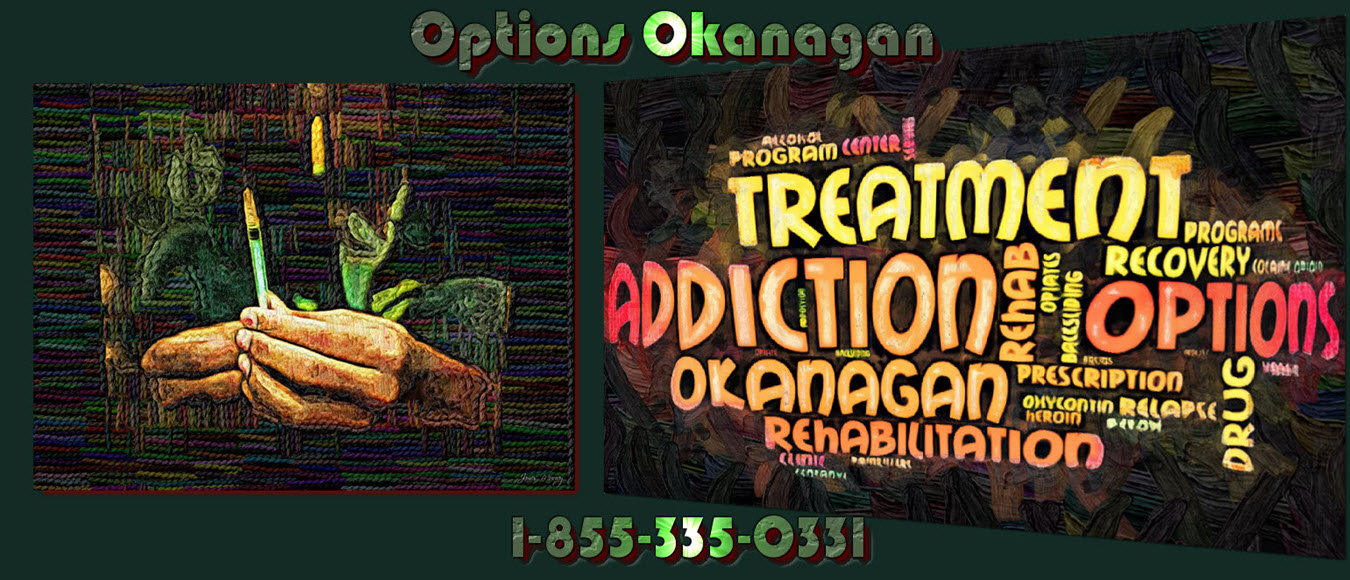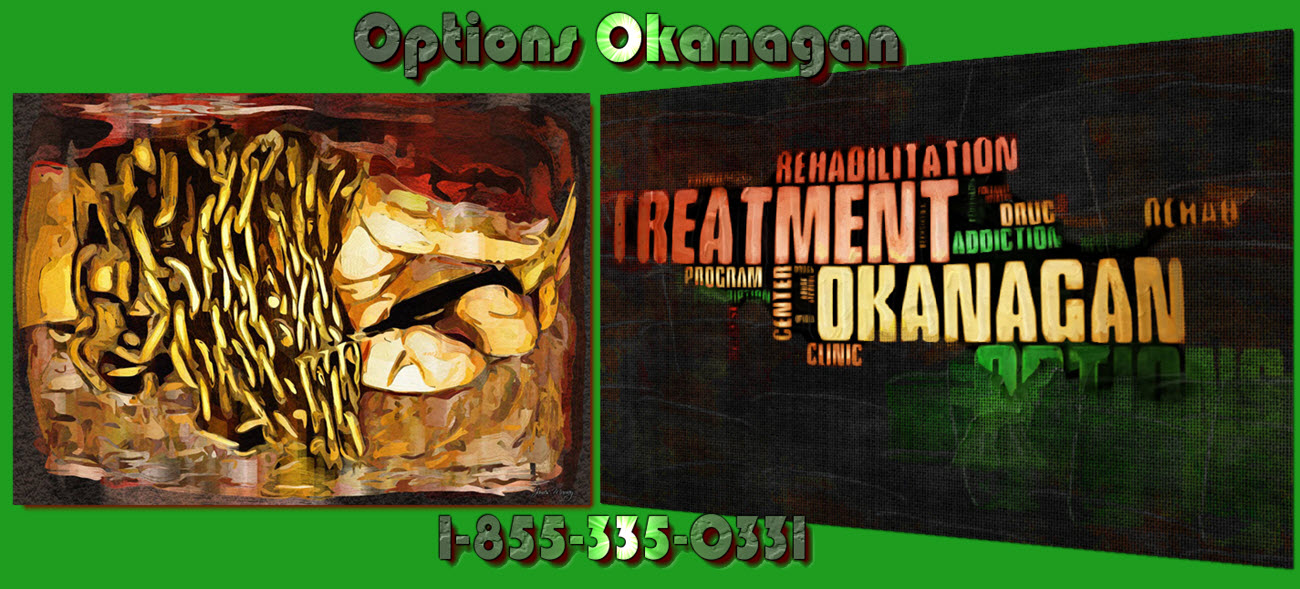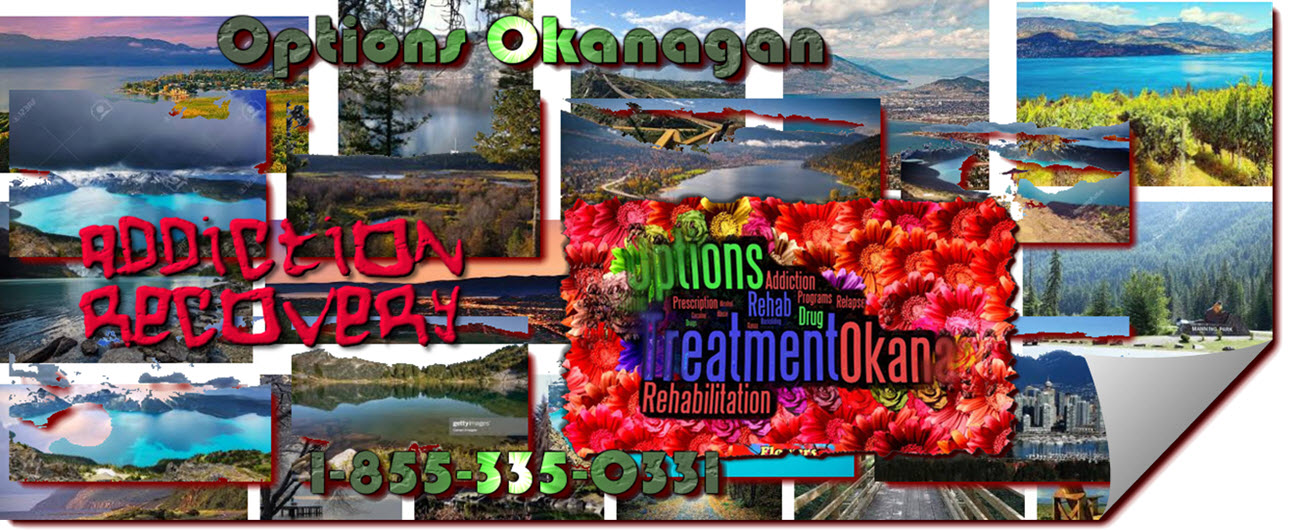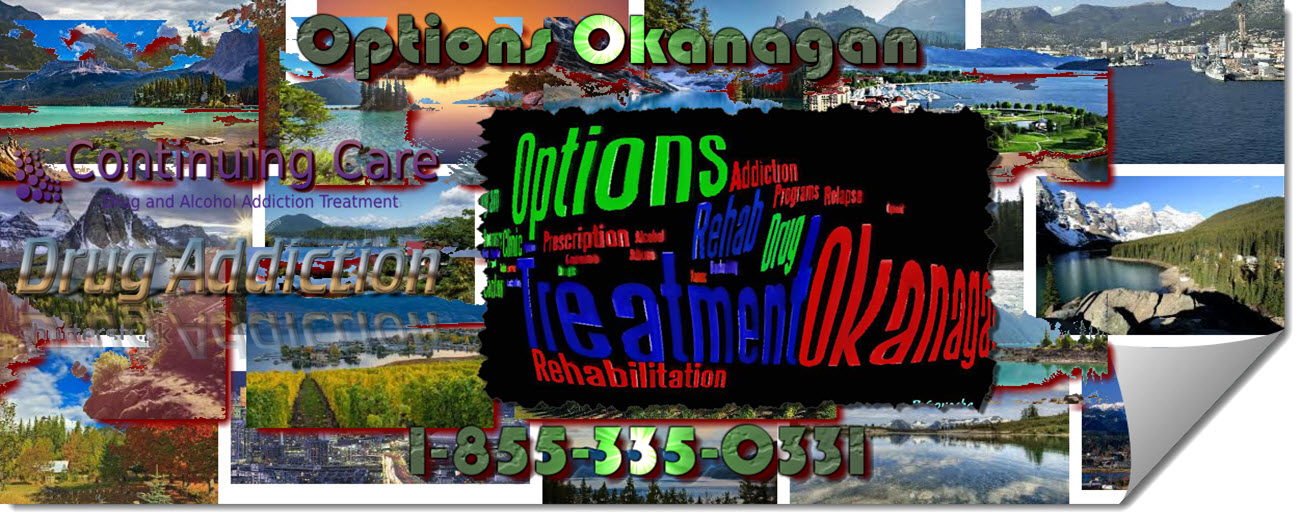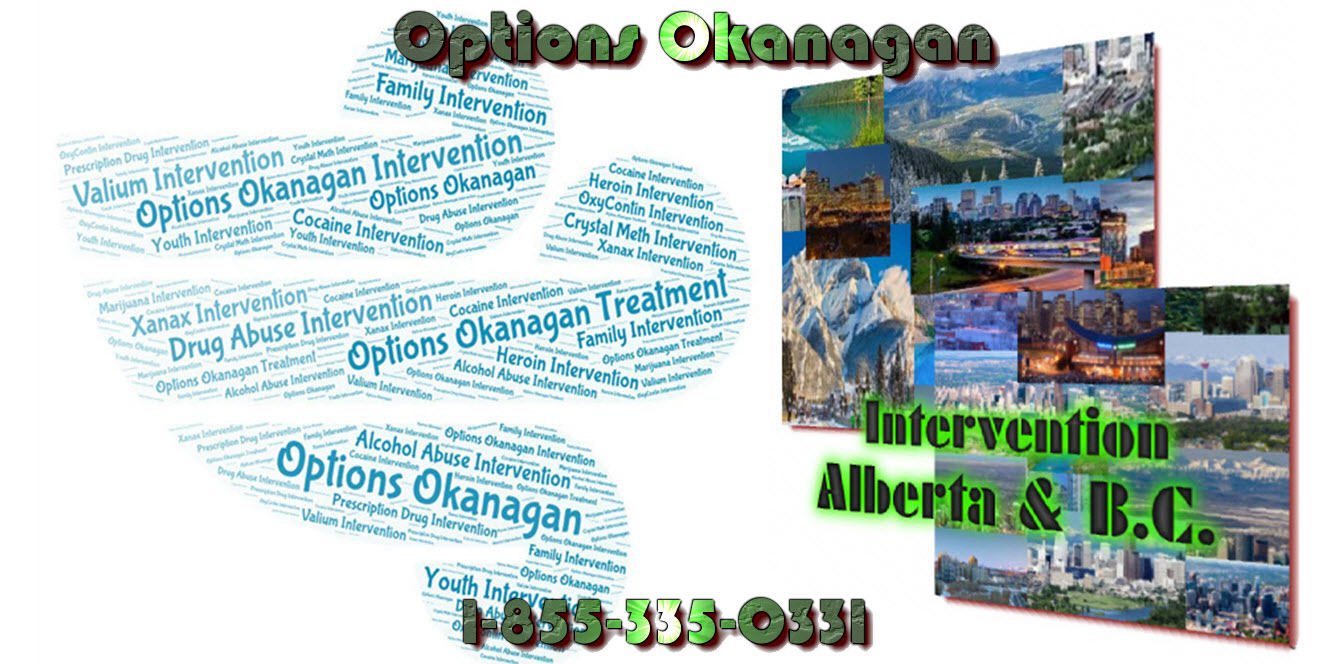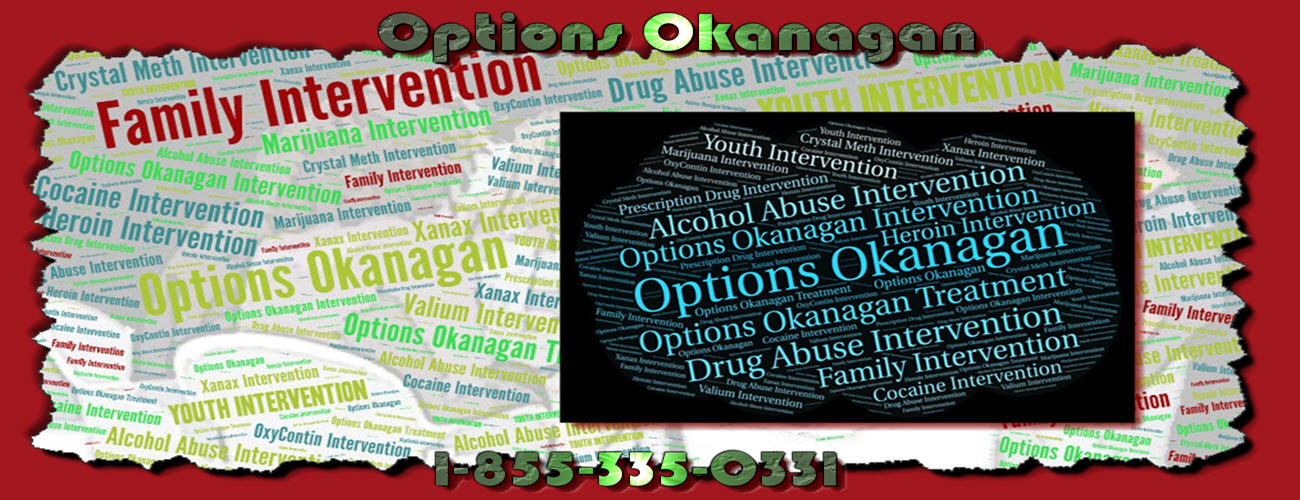Prospects for mental health recovery. Drug Rehab Programs for recovering addicts in British Columbia and Alberta – Options Treatment Center in Kelowna, British Columbia treating drug, opiate, fentanyl, heroin, and alcohol addiction and recovery.
Drug Rehab In Alberta And BC
If an individual has a chronic illness such as a heart attack or diabetes, they must overcome it. An individual will learn to adapt after each attack and know the signs. The situation is similar to recovering from mental health disorders. An individual cannot expect to be a brand-new person during treatment. The symptoms will remain and an individual will experience things that sometimes feel hopeless and tiring, but an individual still needs to confront them. And with every treatment, an individual will feel like they are moving forward, leaving behind their mental disorder.
Restoring mental health is about improving from a bad situation to something a little better. This process is an ongoing process and not a linear process. An individual will move in a step process, but they must always be prepared to take a step backward. An individual will learn about newer methods for controlling their mental disorder symptoms and have ideas about how to deal with them. There will be many disappointments and mistakes, and the results of these mistakes are often useful.
Restoring mental health is a process that is lifelong, because it takes years for mental disorders to develop, and sometimes decades. An individual can struggle for years controlled by their mental disorders and must face life with them or figure out how to get better. An individual can achieve life outside the chain of symptoms of their mental illness, but an individual will still have to deal with their recurring symptoms.
Early intervention is an important factor in all types of diseases. If an individual shows symptoms of early schizophrenia is more likely to recover early with early intervention than somebody who has a worse case.
Similarly, signs of recurrence, which are recognized early on and treated, can determine the battle between experiencing the same mental health disorders again or full recovery.
However, recovery from mental disorders is only one part of the process. An individual with mental health illness must also work to restore their sense of wellness.
Many people with a history of mental illness often return to life away from the public because of social stigma and discrimination due to mental disorders. This leads to broken self-esteem, which nullifies the whole idea of mental health recovery.
For many individuals, the difficult part of the whole recovery process is not in the beginning, but later. At some point, an individual must recover all that has been lost during their mental illness period, as well as any missed opportunities also lost before symptoms appeared.
Unfortunately, rebuilding these parts of life is far more difficult than all aspects of mental health recovery. The return to “what should have been” will take a long time, and repairing damage made by their mental illness because the possibilities are very limited for individuals with mental disorders take a long time also.
But that does not have to be a problem. An individual may not be able to go back to their previous work-place or do the things they used or liked to do, but an individual can direct their life to something else that is just as enjoyable and beneficial. This has happened to other people all the time with mental health disorders.
Options Okanagan Opiate and Alcohol Treatment Centers & Mental Health Recovery Programs in Kelowna, Salmon Arm, and Vancouver, British Columbia – Men and Women are recovering and healing from Alcohol and Drug Abuse at our treatment center here in the Okanagan right now.
Our unique and distinctive Opiate Drug and Alcohol treatment program allows men and women to come in from Calgary as well as Edmonton as we offer airport pickup.
Numerous clients come to us from Vancouver, Calgary, and Edmonton and other locations in Alberta and even other provinces for Opiate addiction treatment, heroin drug treatment, many other drug and alcohol addictions for rehabilitation because of the uniqueness of our treatment center.
Our (Kelowna ) Alcohol and Drug Treatment Program Location:
(Not Mailing Address) Contact Us – Web Page
For Mail Delivery :: Please contact each center for correct mailing addresses, also this location is the location of our residential treatment programs in Kelowna. Please call Toll Free 1-855-335-0331 to contact the treatment center you are going to for the address and directions.
Options Okanagan Drug and Opiate Treatment Center
551 Sherrydale Crescent, Kelowna, British Columbia, V1V 2E6
Toll-Free Phone Number: 1-855-335-0331

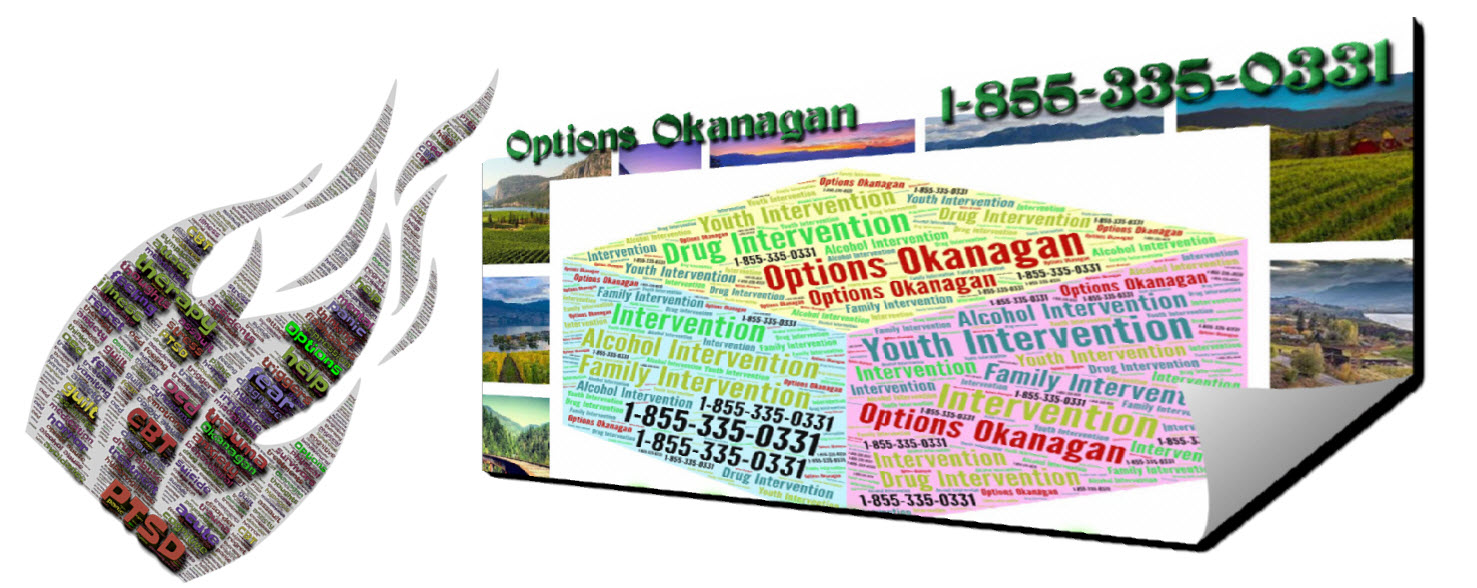

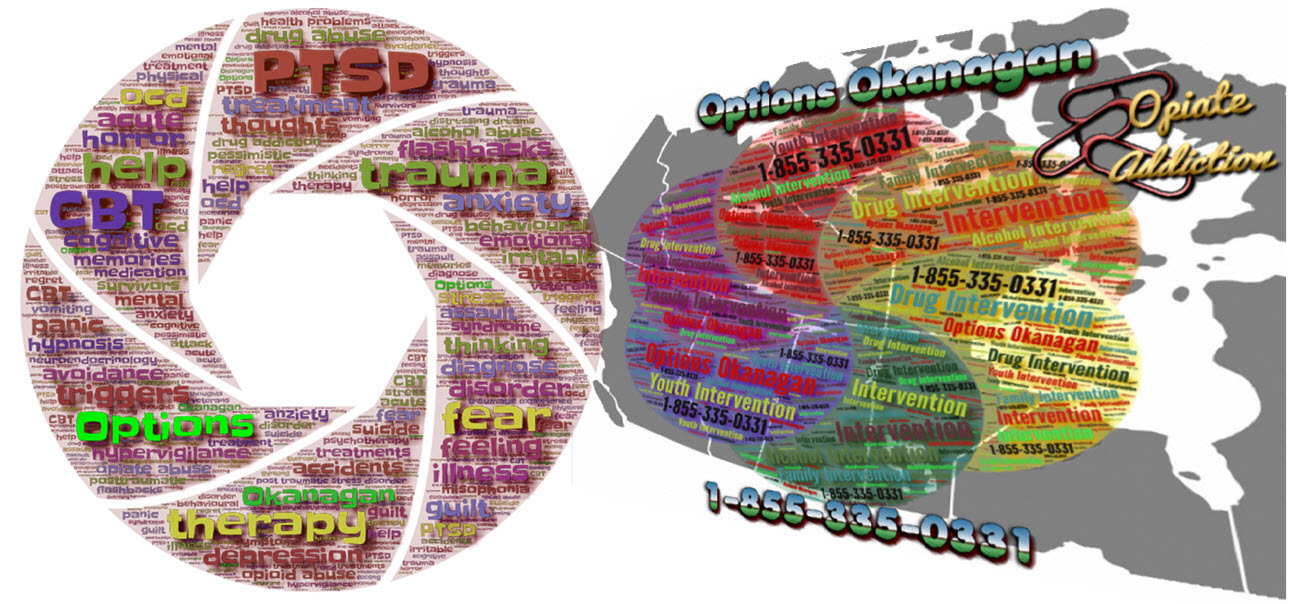

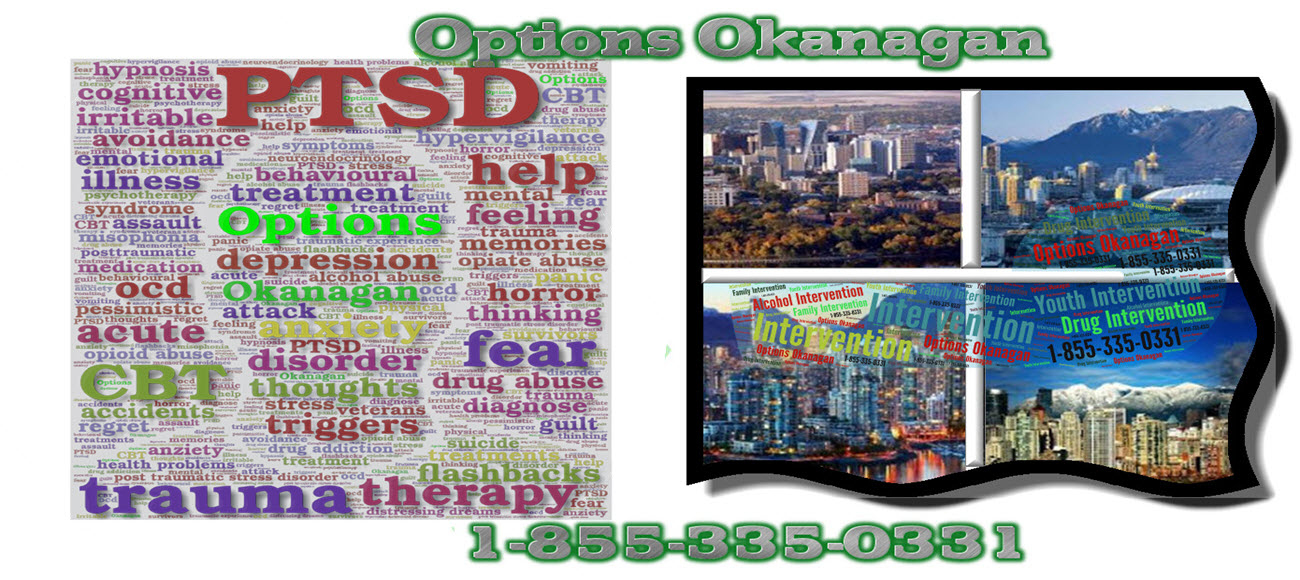
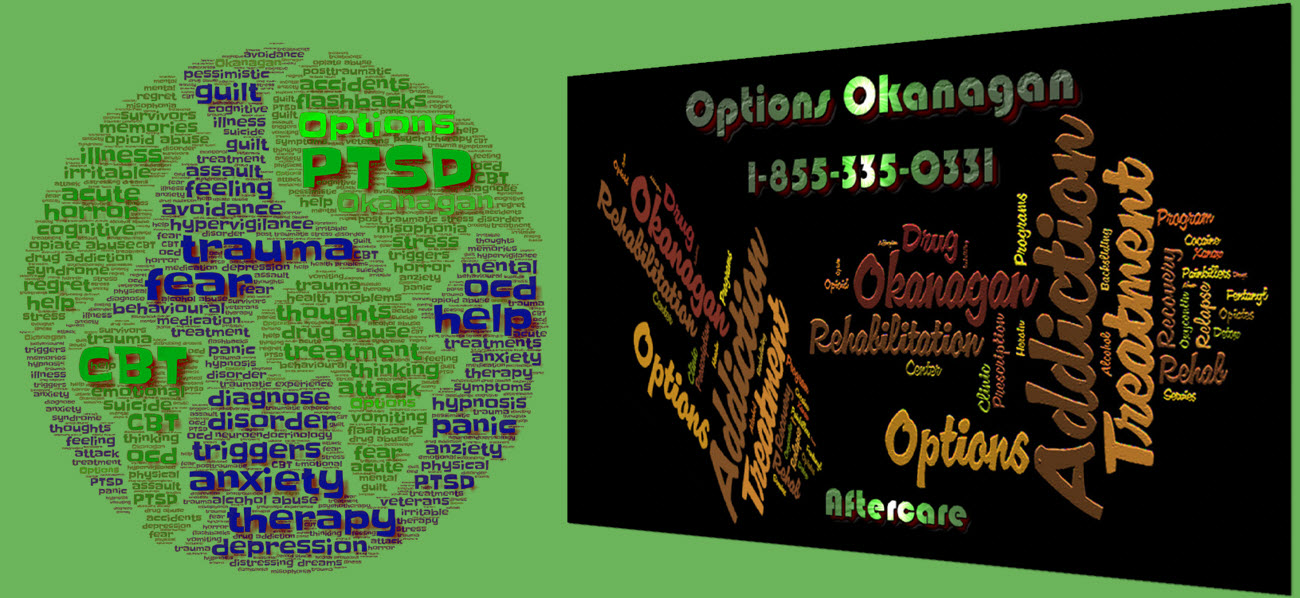
, British Columbia and Alberta.jpg)
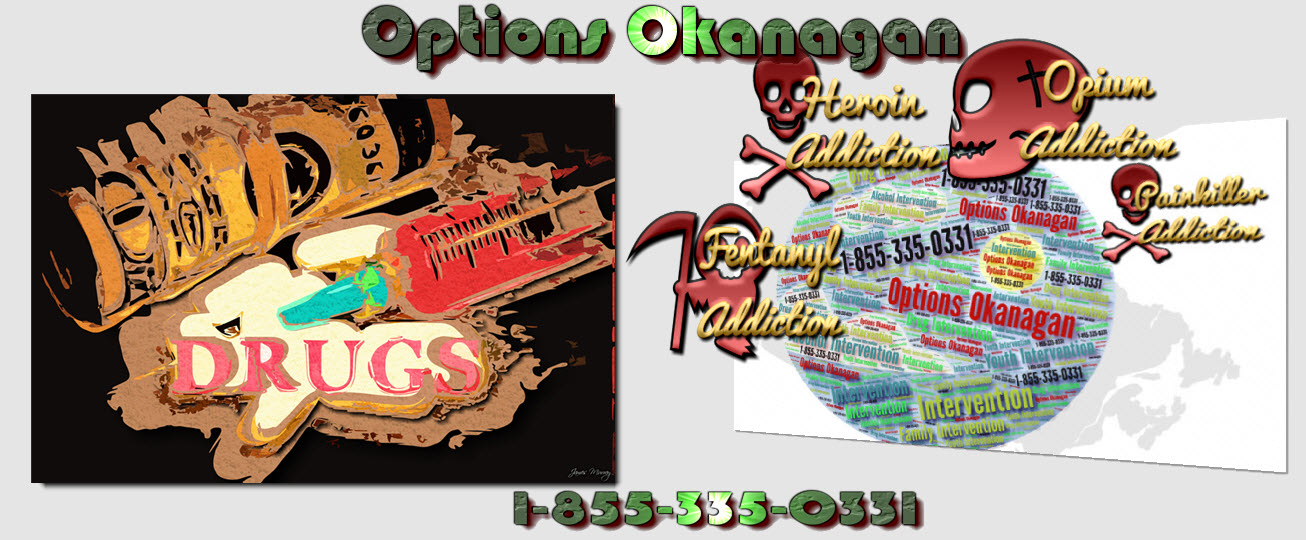
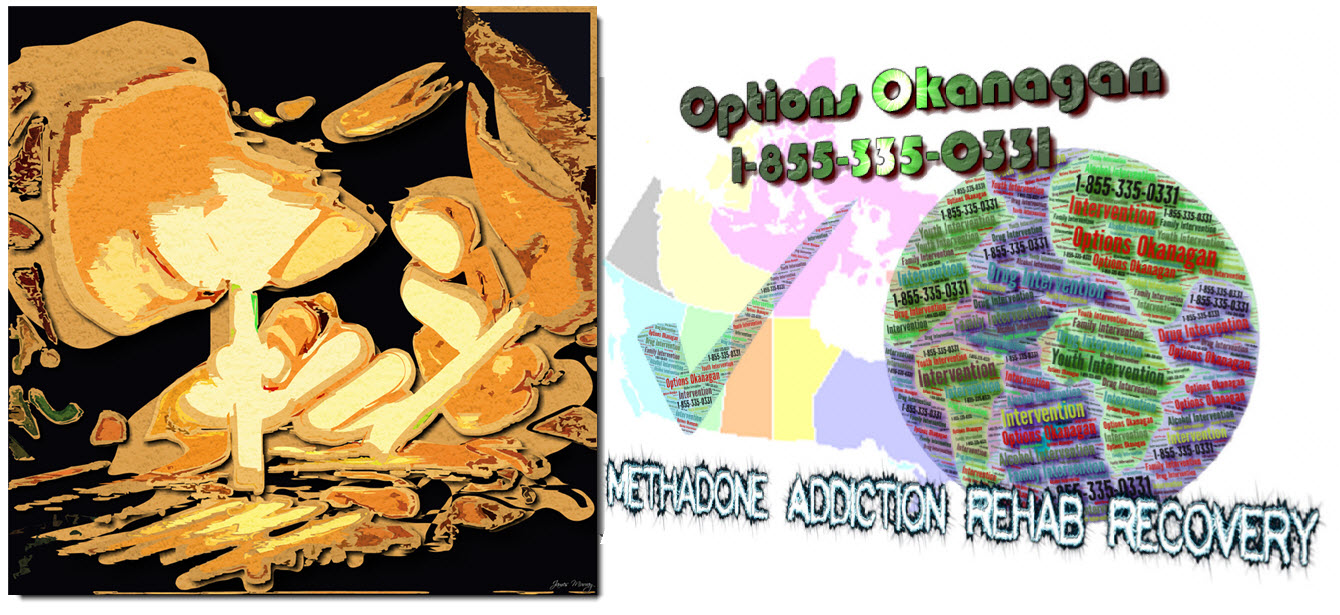
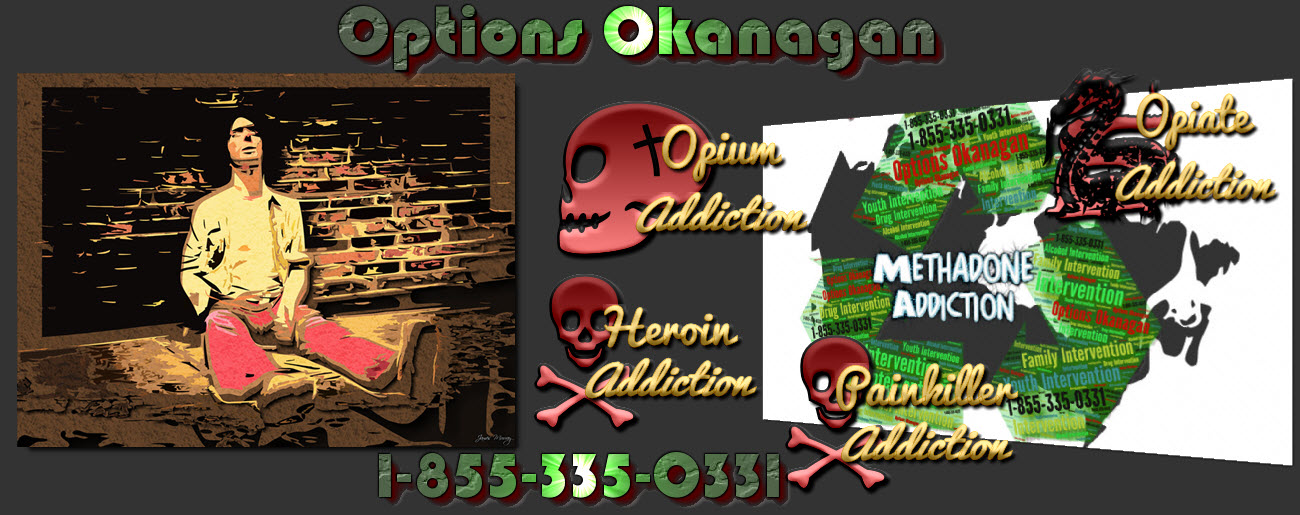
 and Trauma Rehab Centers in Alberta and BC - Options Okanagan.jpg)
